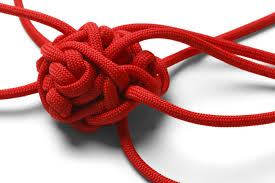Where the Boys Are: Teenage Masculinity
Alexis Jones: Locker Room Talk -- Says Who?
In the Ted Talk, I was
listening to Alexis Jones talk about "Locker room talk." Says who?She argues that teen boys are so influenced by
outside media and how they surround themselves with people that make accusations without knowing how to teach teen boys how to treat women or teen girls. Alexis actually believes that media, other people thinking
for others, and porn is just causing to have a good bond with girls. Also, she
wants to understand how we should be working together and should be putting a
stop to what’s going on inside the locker room and even outside of it too.
When I watch this Ted Talk, I honestly
watch it repeatedly because I can connect emotionally
to how we are so fed up with the very little to no information about the world and
not letting teens come up with their own opinions. The part that really got me
was when she was talking about schools should be implicated emotional part
of teens lives. I never had a reason why
I did some things, but that part of your speech was so mind blowing, and her talk pulled me in with all the stories and
reasons. Also, I like when she connected everything back to what she use to do
that brought her here today.
My question to this Ted Talk is,
How would teen boys be stopped by information that is given
and come up with their own opinion? I question that because I never start
creating my own opinions until I went to
college. It is actually easy to be influenced by other people because we are so used
to being in the norms and wanting to be like others
and not creating our own opinion.



















